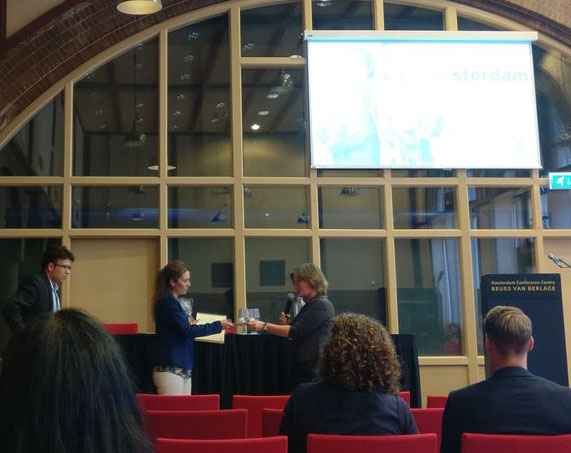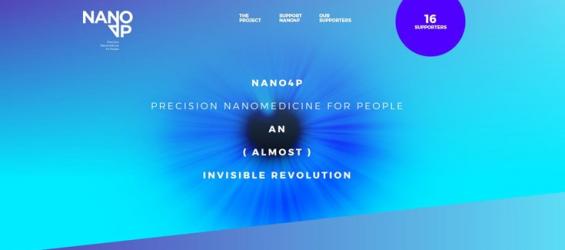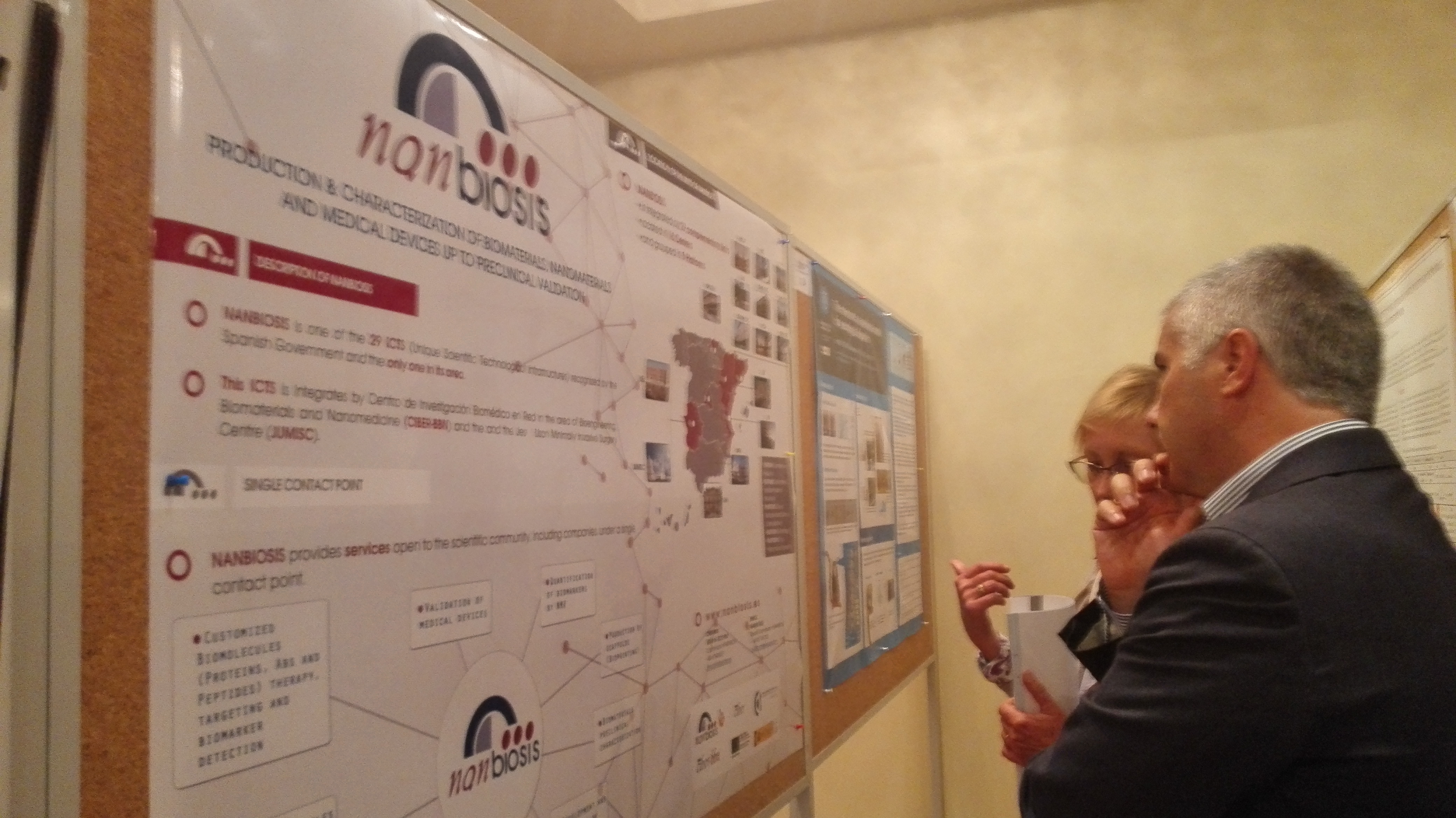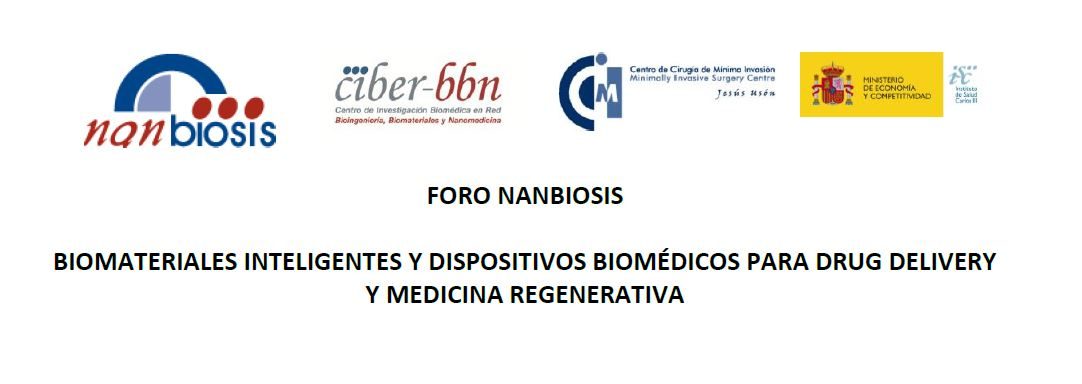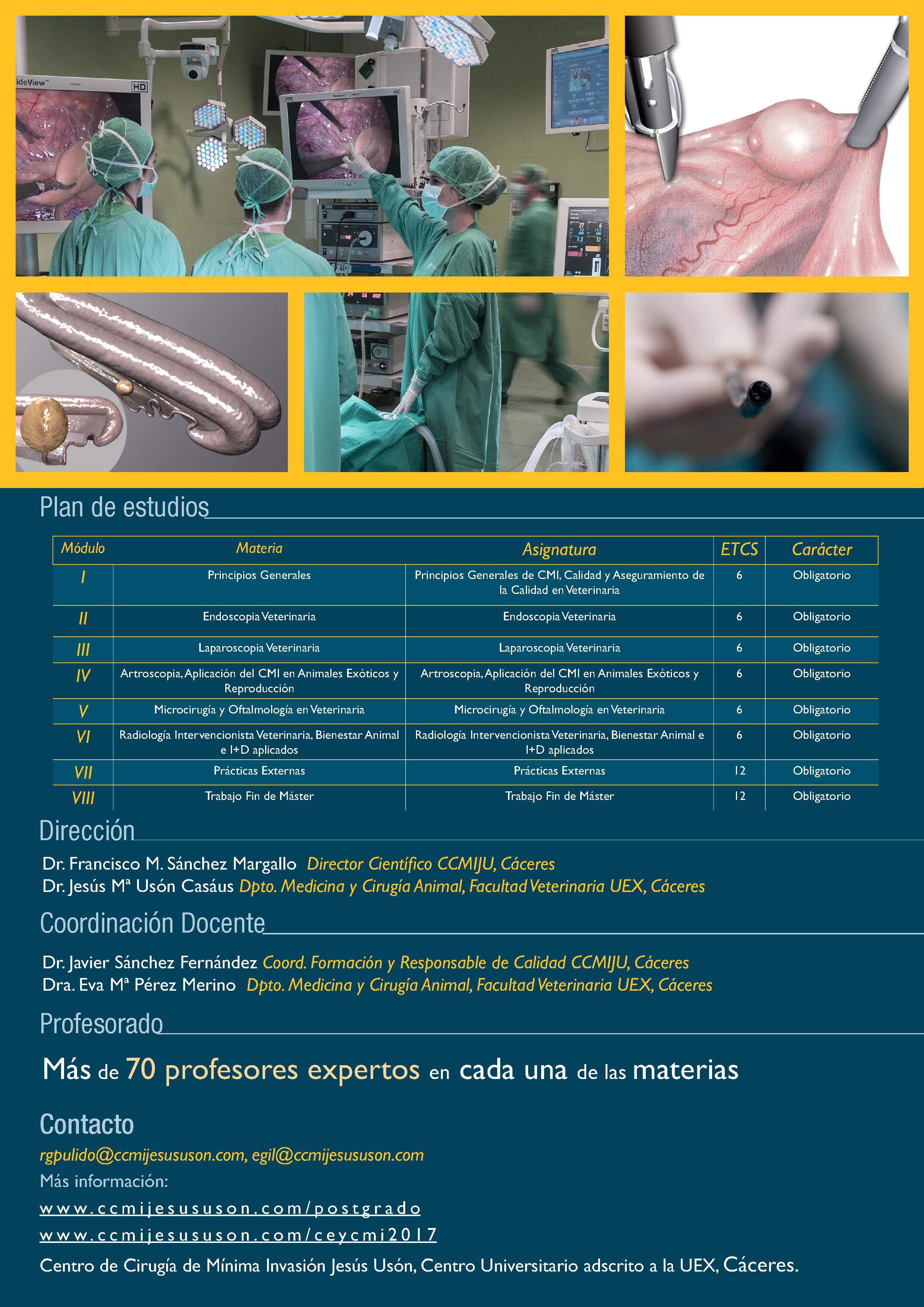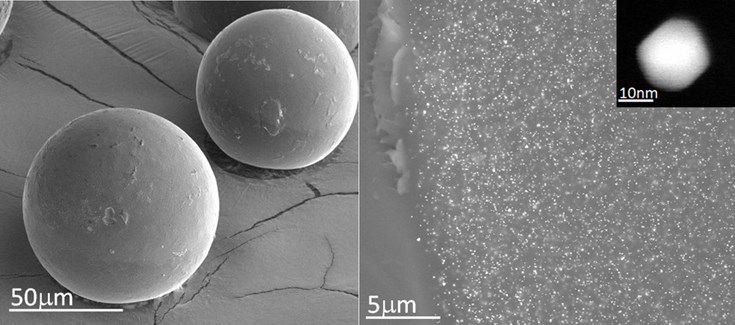Best Abstract award at the European Society for Surgical Research meeting
Verónica Gómez-Gil, collaborator in Unit 17 of NANBIOSIS and the GITBIT-UAH group (CIBER-BBN), has been the first prizewinner in the Best Abstract Competition at the symposium “New horizons in prevention and treatment of adhesions” organized by the Dutch Adhesion Group (DAG) at the 52nd meeting of the European Society for Surgical Reseach (ESSR). The ESSR 2017 meeting was held in Amsterdam from 14th till 17th June. The title of the abstract, presented as a quick-shot presentation and a full oral during the congress, was: An experimental adhesiogenic model to evaluate histological events over time in the omentum during adhesion formation.
This work shows that distribution of soluble and membrane-bound form of betaglycan, together with the expression of TGF-β1 and TGF-β3 at each time point after adhesion formation, are key factors to the cytoarchitecture and composition of omental adhesion tissue. These findings are of interest in the design of new adhesion prevention strategies.
